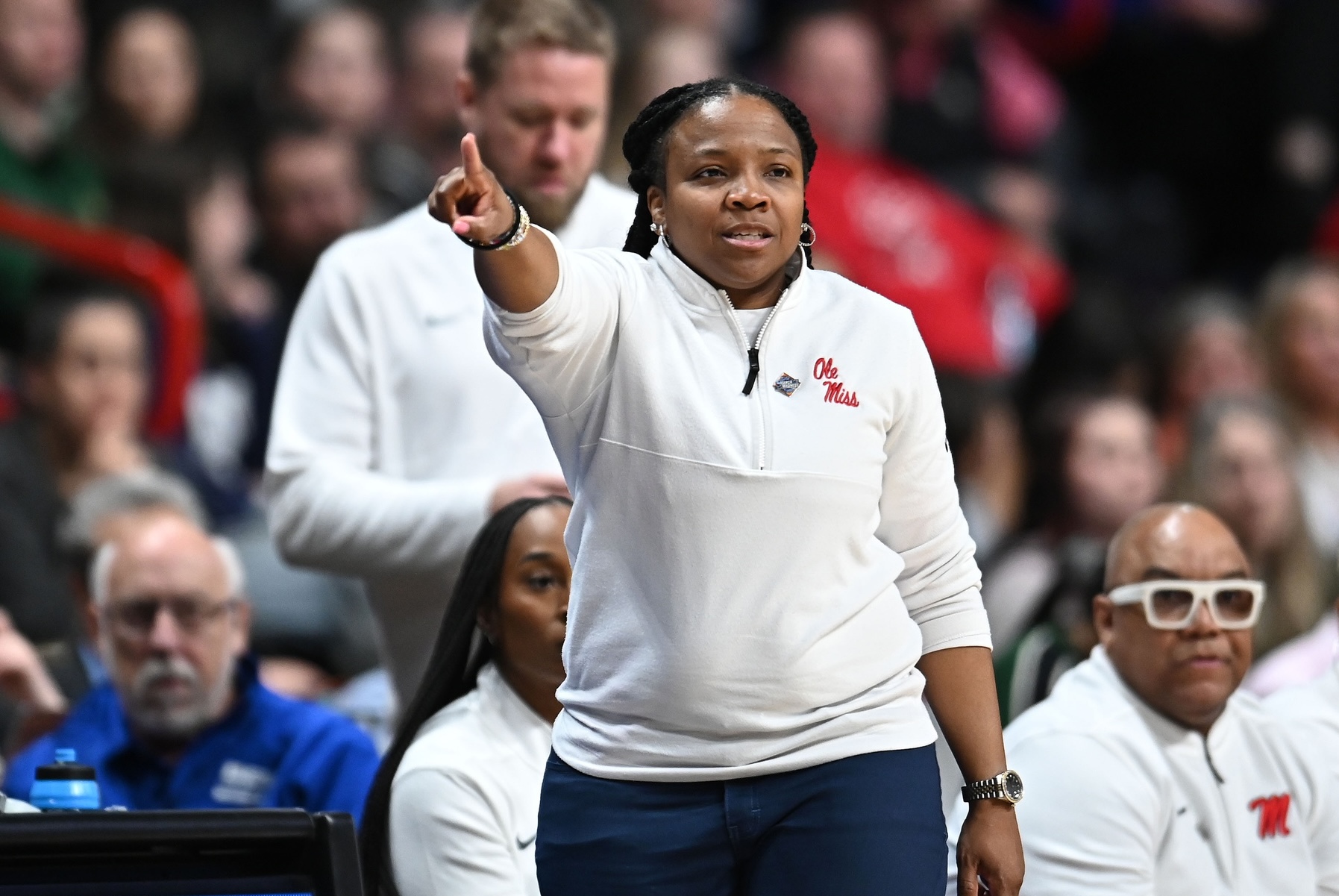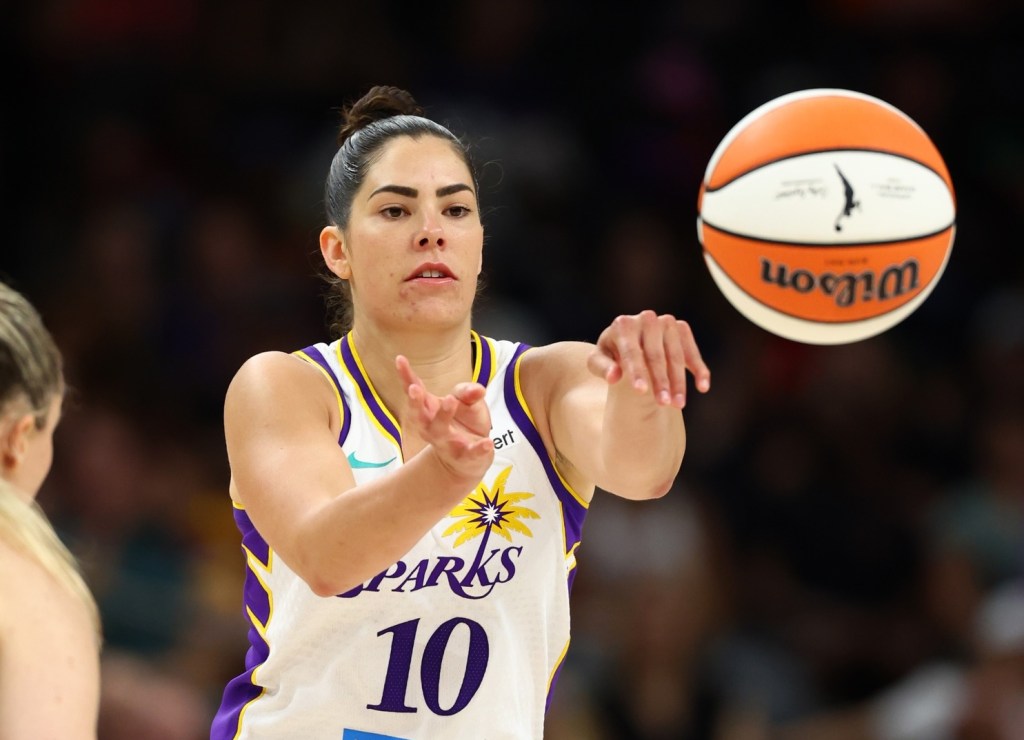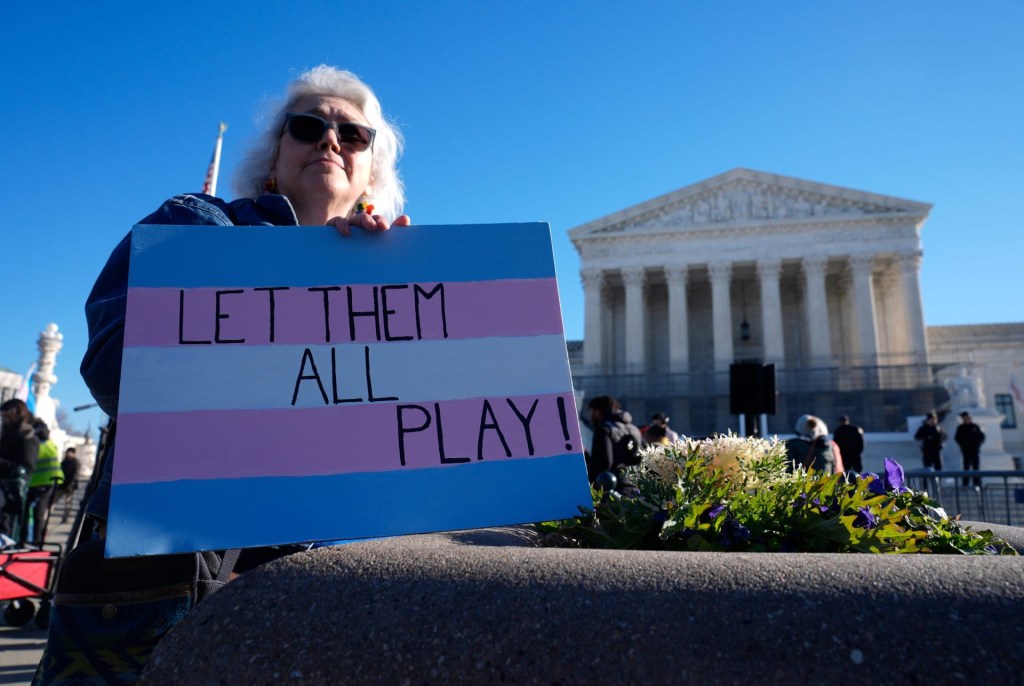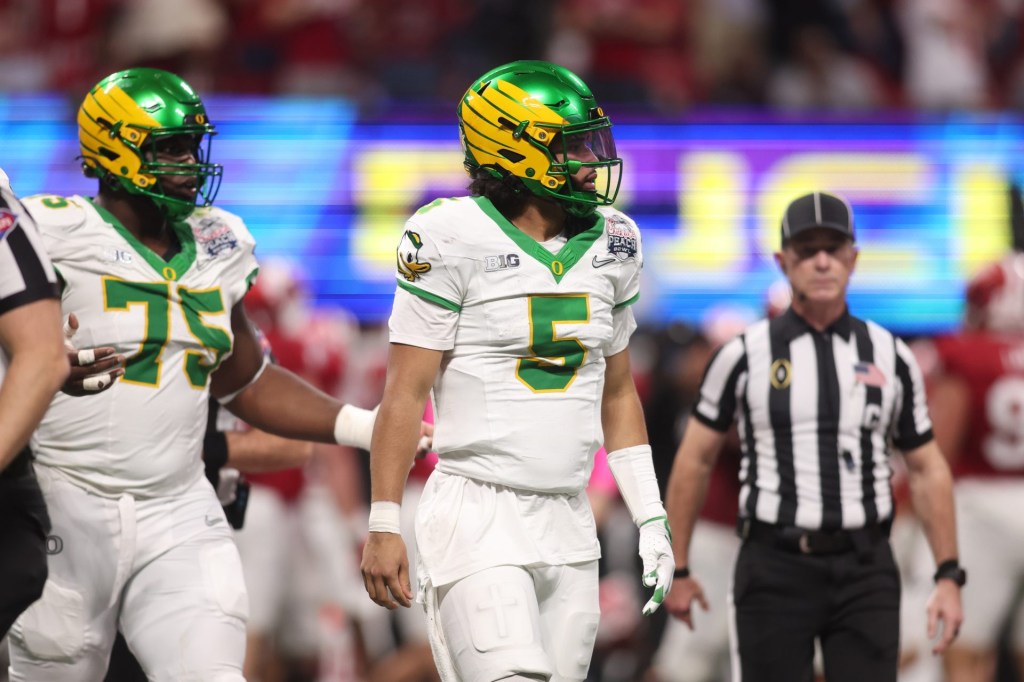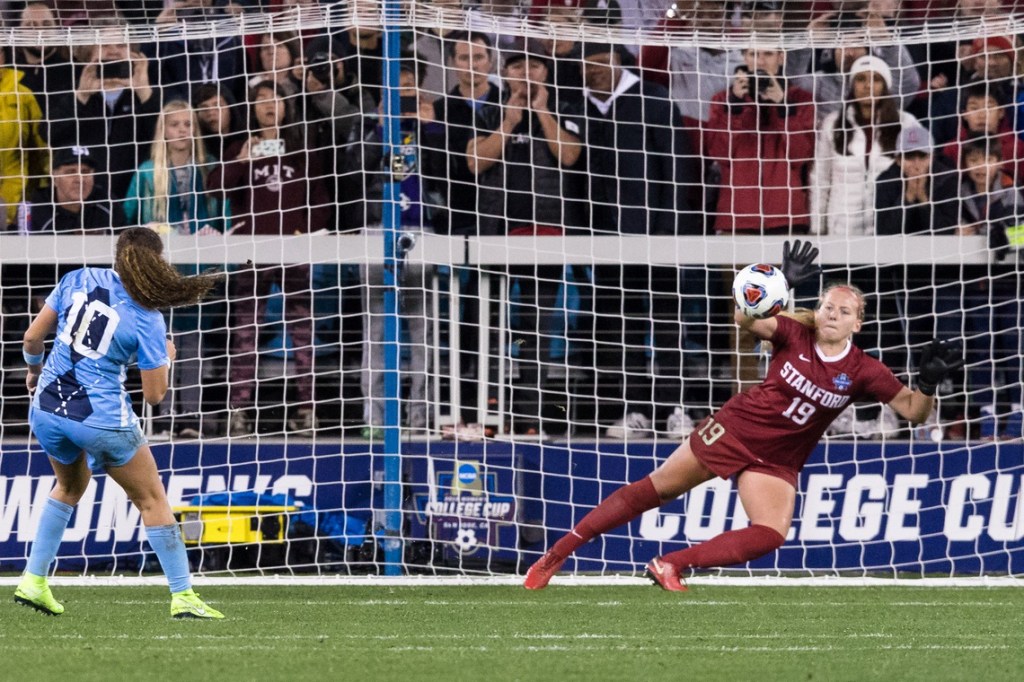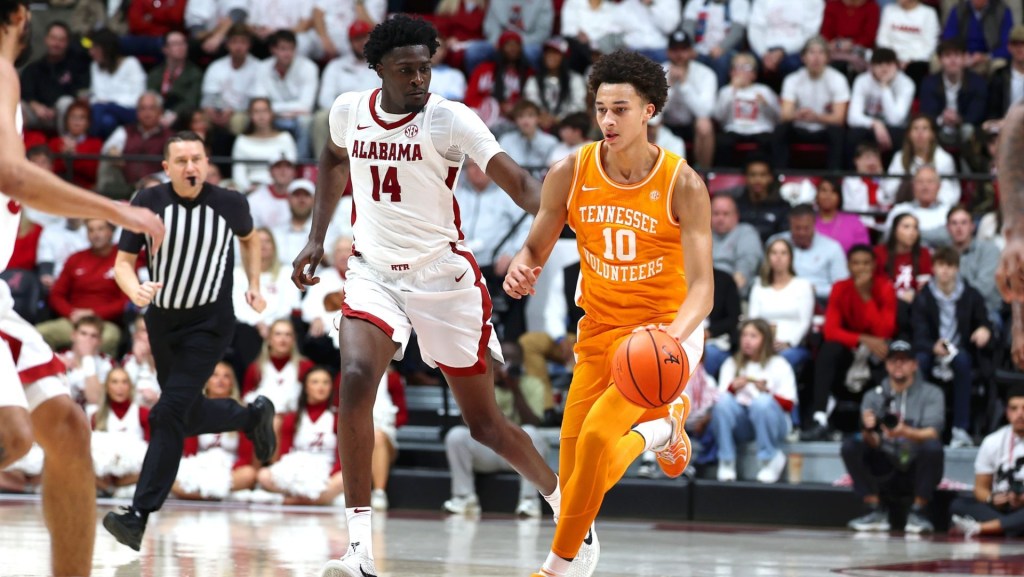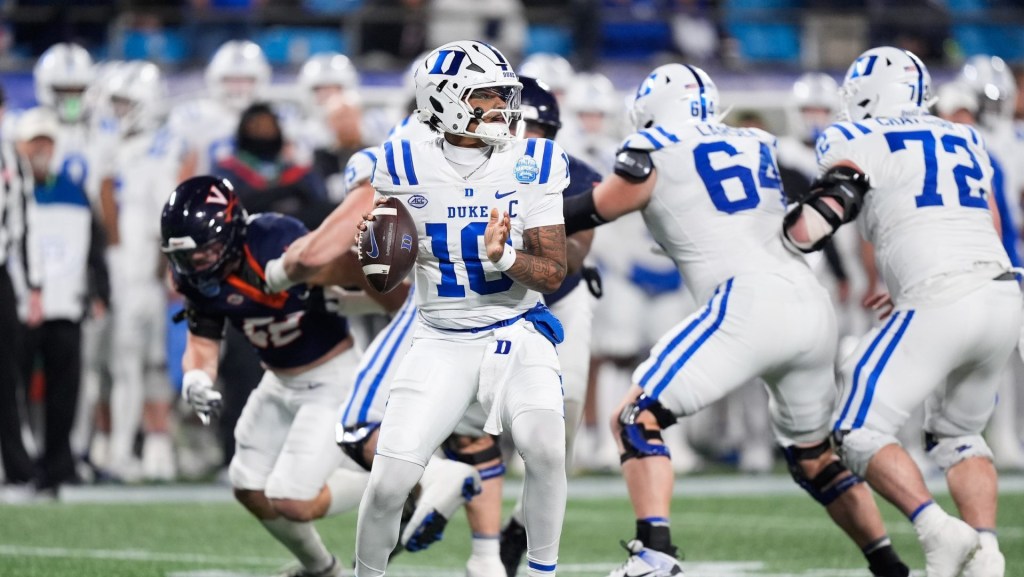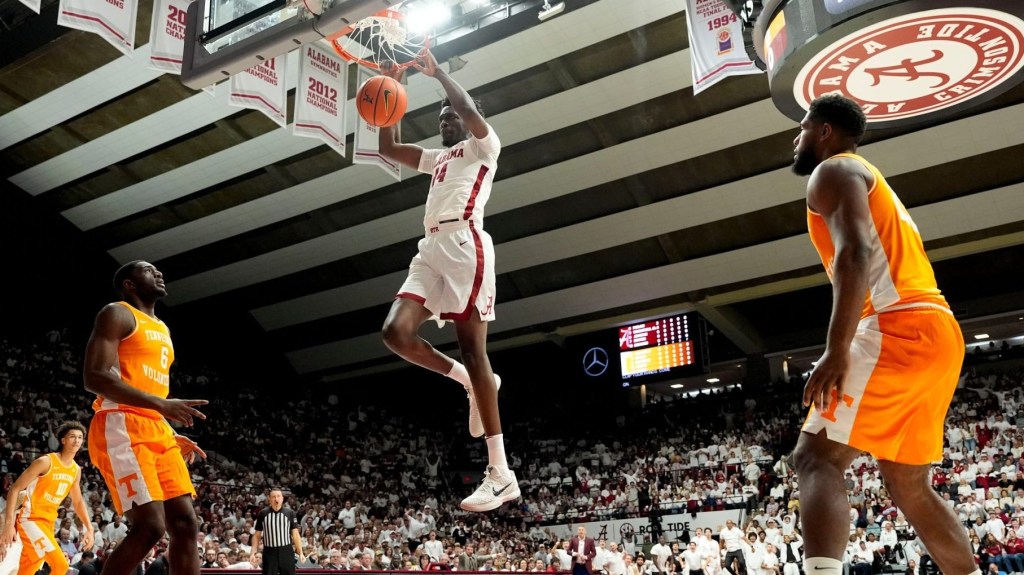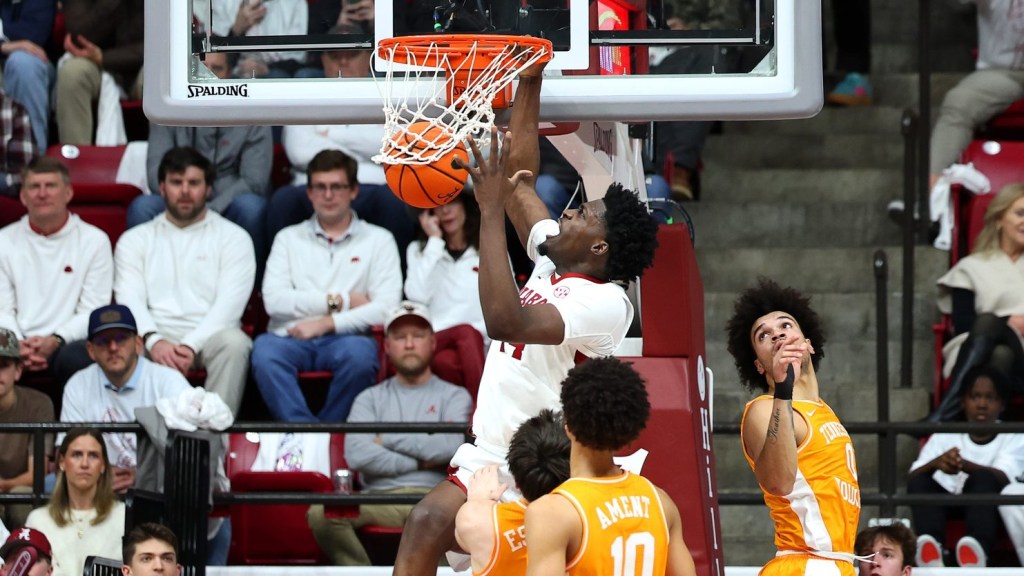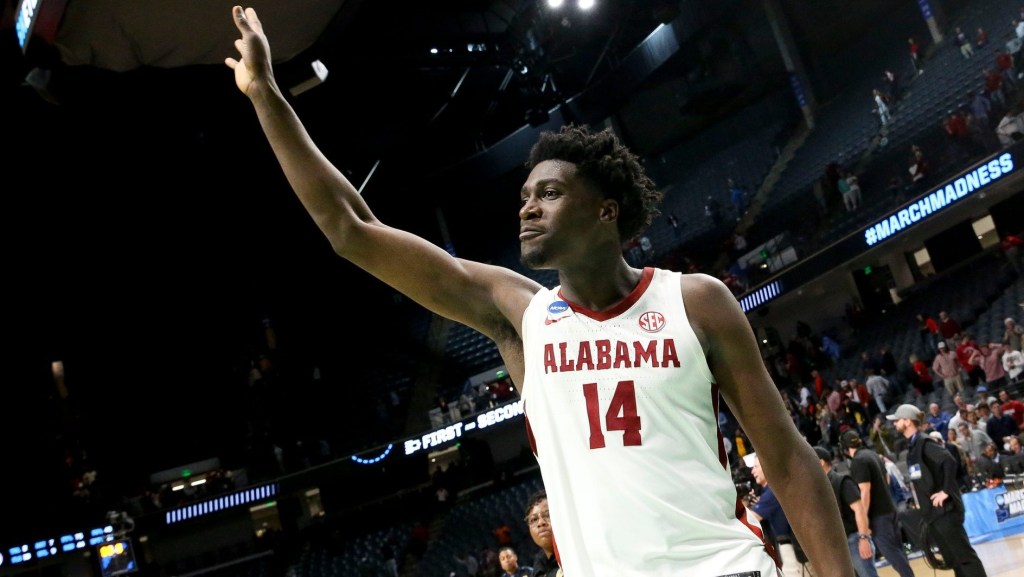As name, image, and likeness kick-started a new era for college athletics, the phrase “pay for play” became taboo.
To maintain its amateurism and distinguish itself from professional sports, NIL deals would need to be a business transaction for services rendered, not a salary, purists said.
But as NIL collectives formed and created an all-out arms race, players scoured the open market for the best deals where they could attend fan events and other booster-filled activities in exchange for six- or seven-figure payouts. And now, athletic departments are scurrying to prepare for the potential addition of revenue-sharing with athletes as soon as next season.
“It’s not NIL, it’s the rev share now. And honestly if we’re just keeping it a buck, it’s pay for play,” Ole Miss women’s basketball coach Yolett McPhee-McCuin said on a recent episode of Front Office Sports’s Nilosophy with Deja Kelly. “You got people getting money that got 200 followers. They don’t have name, image, and likeness.”
McPhee-McCuin is fresh off her second Sweet 16 run in three years with her Rebels. She then quickly turned around and built one of the strongest transfer classes in women’s hoops with seven newcomers added to her roster. In the past few weeks, she’s had a lot of conversations about paying players.
The transfer portal is “a perfect space for me because the first thing I ask is, ‘How much?’” McPhee-McCuin said. “What athletes don’t know is we have budgets. There’s not an unlimited pot of money for 90% of the schools.”
McPhee-McCuin said players can misunderstand how much they should be paid because college sports lack education or standardization of payment, like there would be in a collective bargaining agreement. She says a program that isn’t as successful as hers might be more willing to offer a player a higher salary than she could.
“When people throw around ‘market value,’ it depends on the market you’re shopping in,” McPhee-McCuin said. “What you are to me may be different than what you may be to a team that’s not going to the Sweet Sixteen every year.
“So perspective is important. And people are not giving enough perspective.”
